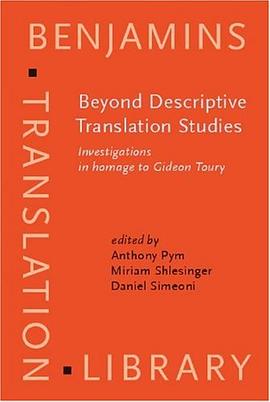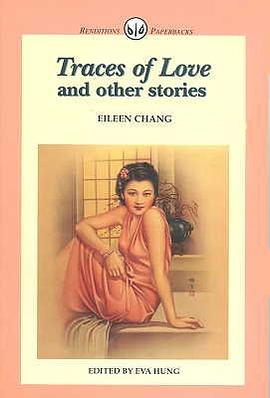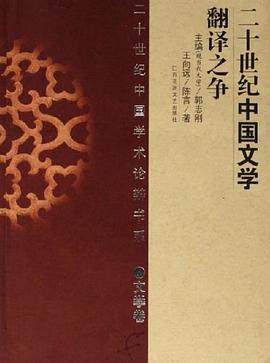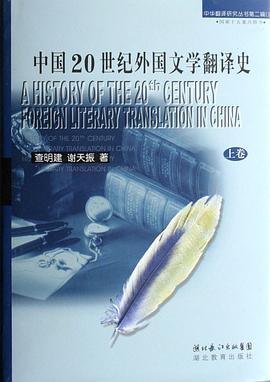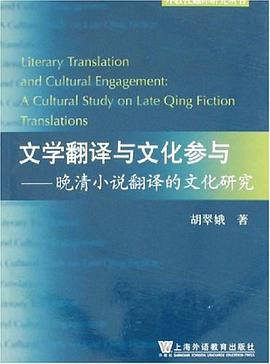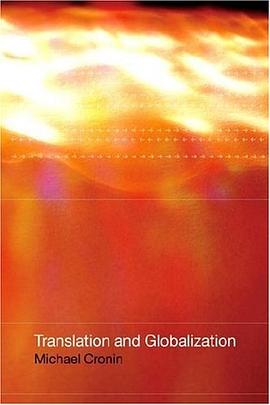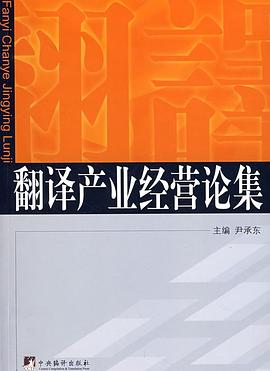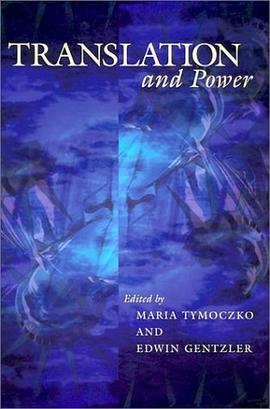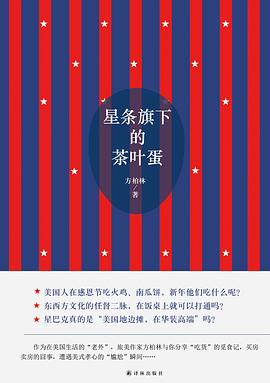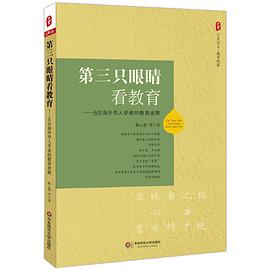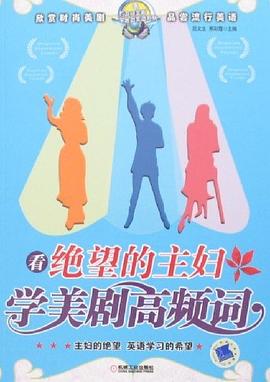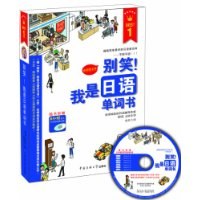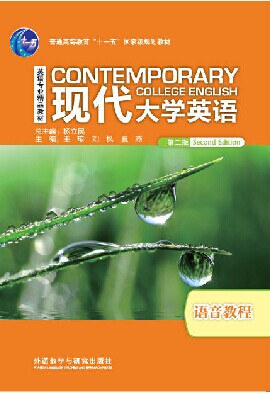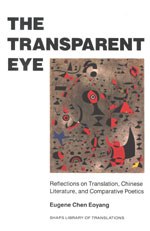

In this remarkably stimulating and erudite series of essays, Eugene Chen Eoyang explores many of the underlying paradigms and presumptions in world literature, highlighting issues of cultural interchange and cultural hegemony. Translation is seen in this perspective as a central rather than a peripheral factor in understanding the meanings of literary works.
Taking concrete examples from Chinese literature, Eoyang illuminates not only the semantic collisions that underlie the complexities of translation, but also the cultural identities reflected in language and values. The title alludes to a passage from Emerson, reminding us that the object on view is not only the vision we see but is also the organ through which that vision is apprehended. The confrontation with a radical "other" - which is, for many Westerners, what Chinese literature represents - is thus both a discovery and a self-discovery.
Part of the book's originality is that it identifies a new audience - one that is incipiently bicultural, or knowledgeable about what has been called "East" as well as what has been called "West." Readers with an interest in the theory and practice of translation will find this an inspiring and indispensable work, one that prepares the way for a comparative poetics that recognizes the intense subjectivities in every culture and at the same time establishes a basis for a comparison that tries to transcend, even as it acknowledges, provincialities.
具體描述
讀後感
評分
評分
評分
評分
用戶評價
相關圖書
本站所有內容均為互聯網搜索引擎提供的公開搜索信息,本站不存儲任何數據與內容,任何內容與數據均與本站無關,如有需要請聯繫相關搜索引擎包括但不限於百度,google,bing,sogou 等
© 2025 qciss.net All Rights Reserved. 小哈圖書下載中心 版权所有

